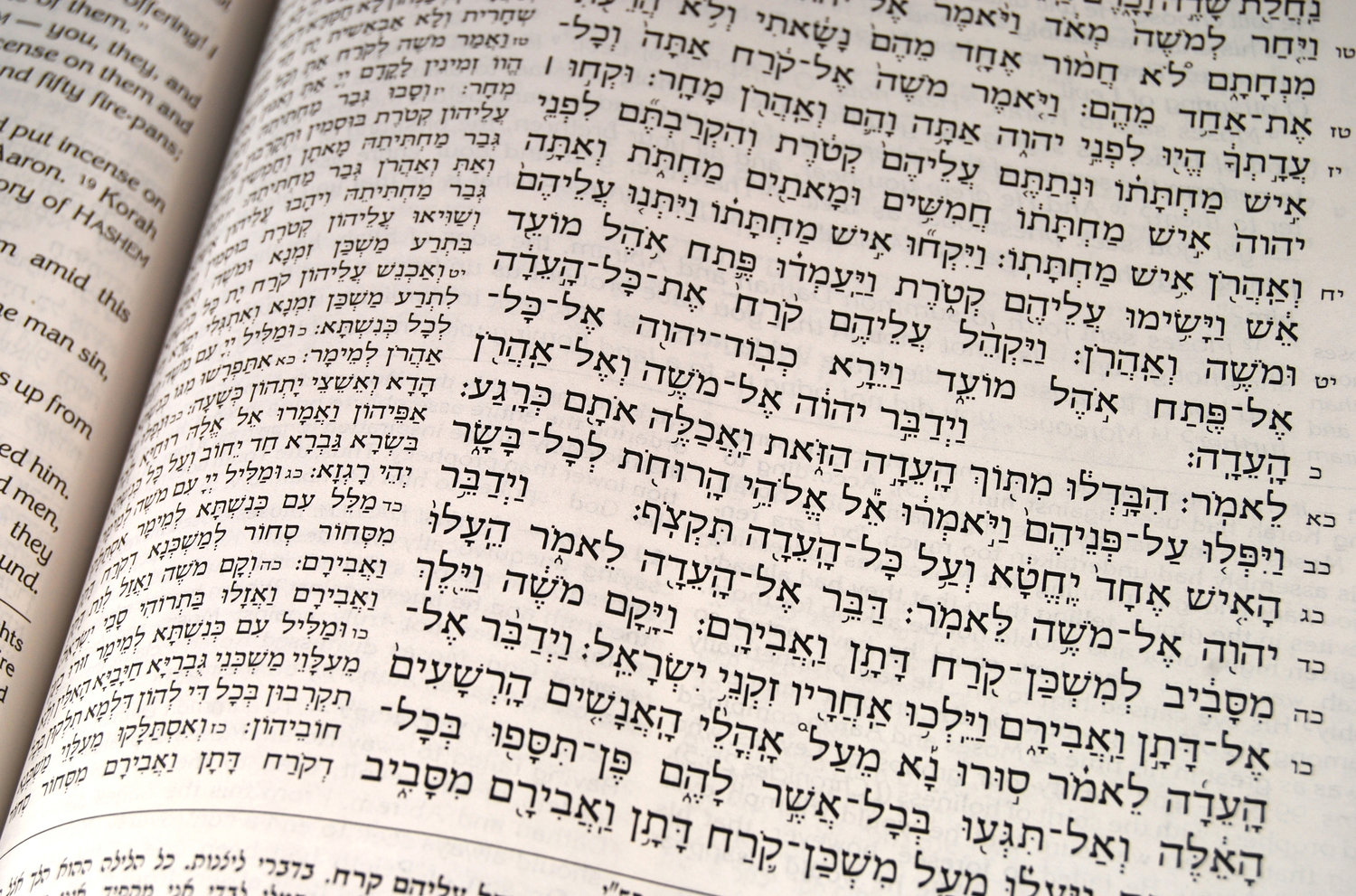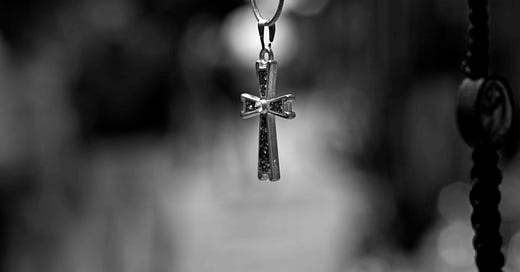
For 2 000 years Jews have rejected the Christian idea of Jesus as messiah. Why? In the wake of Mel Gibson’s phenomenally successful film and the production company’s ambitious plans to market the film worldwide to “the faithless,” taking advantage of what is perhaps “the best Christian outreach opportunity in 2 000 years,” it is important for Jews to understand why we don’t believe in Jesus.
The purpose is not to disparage other religions, but rather to clarify the Jewish position.
Jews do not accept Jesus as the messiah because:
1) Jesus did not fulfill the messianic prophecies.
2) Jesus did not embody the personal qualifications of the Messiah.
3) Biblical verses “referring” to Jesus are mistranslations.
4) Jewish belief is based on national revelation.
But first, some background: What exactly is the Messiah? The word “Messiah” is an English rendering of the Hebrew word “Mashiach”, which means “Anointed.” It usually refers to a person initiated into God’s service by being anointed with oil. (Exodus 29:7, I Kings 1:39, II Kings 9:3) Since every King and High Priest was anointed with oil, each may be referred to as “an anointed one” (a Mashiach or a Messiah). For example: “God forbid that I [David] should stretch out my hand against the Lord’s Messiah [Saul]…” (1 Samuel 26:11. Cf. II Samuel 23:1, Isaiah 45:1, Psalms 20:6) Where does the Jewish concept of Messiah come from? One of the central themes of Biblical prophecy is the promise of a future age of perfection characterized by universal peace and recognition of God. (Isaiah 2:1-4; Zephaniah 3:9; Hosea 2:20-22; Amos 9:13-15; Isaiah 32:15-18, 60:15-18; Micah 4:1-4; Zechariah 8:23, 14:9; Jeremiah 31:33-34).
- Chamisa under fire over US$120K donation
- Mavhunga puts DeMbare into Chibuku quarterfinals
- Pension funds bet on Cabora Bassa oilfields
- Councils defy govt fire tender directive
Keep Reading
Many of these prophetic passages speak of a descendant of King David who will rule Israel during the age of perfection. (Isaiah 11:1-9; Jeremiah 23:5-6, 30:7-10, 33:14-16; Ezekiel 34:11-31, 37:21-28; Hosea 3:4-5) Since every King is a Messiah, by convention, we refer to this future anointed king as The Messiah. The above is the only description in the Bible of a Davidic descendant who is to come in the future. We will recognise the Messiah by seeing who the King of Israel is at the time of complete universal perfection.
- Jesus did not fulfill the Messianic prophecies
What is the Messiah supposed to accomplish? The Bible says that he will:
- a) Build the Third Temple (Ezekiel 37:26-28).
- b) Gather all Jews back to the Land of Israel (Isaiah 43:5-6).
- c) Usher in an era of world peace, and end all hatred, oppression, suffering and disease. As it says: “Nation shall not lift up sword against nation, neither shall man learn war anymore,” (Isaiah 2:4).
- d) Spread universal knowledge of the God of Israel, which will unite humanity as one. As it says: “God will be King over all the world — on that day, God will be One and His Name will be One” (Zechariah 14:9). If an individual fails to fulfill even one of these conditions, then he cannot be “the Messiah.”
Because no one has ever fulfilled the Bible’s description of this future King, Jews still await the coming of the Messiah. All past Messianic claimants, including Jesus of Nazareth, Bar Cochba and Shabbtai Tzvi have been rejected. Christians counter that Jesus will fulfill these in the Second Coming, but Jewish sources show that the Messiah will fulfill the prophecies outright; in the Bible no concept of a second coming exists.
2) Jesus did not embody the personal qualifications of Messiah
- a) Messiah as prophet
The Messiah will become the greatest prophet in history, second only to Moses. (Targum – Isaiah 11:2; Maimonides – Yad Teshuva 9:2) Prophecy can only exist in Israel when the land is inhabited by a majority of world Jewry, a situation which has not existed since 300 BCE. During the time of Ezra, when the majority of Jews refused to move from Babylon to Israel, prophecy ended upon the death of the last prophets — Haggai, Zechariah and Malachi. Jesus was not a prophet; he appeared on the scene approximately 350 years after prophecy had ended.
- b) Descendent of David
According to Jewish sources, the Messiah will be born of human parents and possess normal physical attributes like other people. He will not be a demi-god, (1) nor will he possess supernatural qualities.
The Messiah must be descended on his father’s side from King David (see Genesis 49:10, Isaiah 11:1, Jeremiah 23:5, 33:17; Ezekiel 34:23-24). According to the Christian claim that Jesus was the product of a virgin birth, he had no father — and thus could not have possibly fulfilled the messianic requirement of being descended on his father’s side from King David.
- c) Torah observance
The Messiah will lead the Jewish people to full Torah observance. The Torah states that all mitzvot remain binding forever, and anyone coming to change the Torah is immediately identified as a false prophet. (Deut. 13:1-4) Throughout the New Testament, Jesus contradicts the Torah and states that its commandments are no longer applicable. For example, John 9:14 records that Jesus made a paste in violation of Shabbat, which caused the Pharisees to say (verse 16), “He does not observe Shabbat!” —Online










